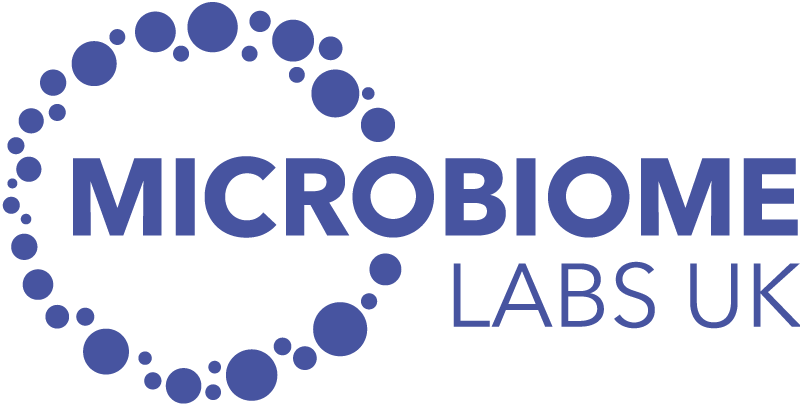The power of the Bacillus subtilis HU58 spore
One
Three
December 6, 2023The Bacillus subtilis HU58 strain was first isolated from a healthy human microbiome by spore expert Professor Simon Cutting at Royal Holloway University (which explains the HU in the name). Bacillus subtilis spores have been shown in a 2009 study to have “the ability to sporulate anaerobically, to secrete antimicrobials and to form (protective) biofilms.” (2009, Hong et al). The study concludes that, “Bacillus subtilis and other (spore) species have adapted to life within the GIT and should be considered gut commensals rather than soil microorganisms.”
This ability to secrete antimicrobials and to form protective biofilms means that HU58 is the most potent of the 5 Bacillus spores found in the MegaSporeBiotic formula, especially when it comes to the competitive exclusion of potentially harmful pathogens and immune modulation.
In MegaSporeBiotic, all 5 commensal spores work in synergy to calm the immune system and recondition the gut microbiota and have been shown in published studies to increase SCFA production, reduce serum LPS levels and lower inflammatory cytokines. Adding high doses of HU58 in a protocol can lend some extra heavyweight support, especially when there is possible dysbiosis and/or loss of immune tolerance. HU58 contains 10 billion CFUs per dose, compared to MegaSporeBiotic’s 4 billion.
Research on Bacillus subtilis HU58
A 2017 research study into a daily dose of HU58 in healthy volunteers over 8 weeks resulted in a reduction of the pro-inflammatory markers IL-6 and TNF-⍺ by 45% and 55% respectively, as well as improvements in flatulence, stool consistency and the ability to defecate amongst participants.
Interleukin 6 plays a pathological role in chronic inflammation and autoimmunity when continually produced at high levels. TNF-⍺ can trigger the onset of intestinal inflammation in inflammatory bowel diseases, depression, acute pancreatitis, and more, through the weakening of the tight junction proteins. Over time, an overabundance of TNF-⍺ can cause these epithelial tight junctions to begin to loosen and eventually lead to the intestinal permeability, LPS translocation and systemic inflammation, as seen in ‘leaky gut’.
Another published study on HU58™ use in conjunction with Bacillus coagulans in 2020 showed similar reductions in pro-inflammatory markers as well as reduced gut membrane barrier damage in a dysbiosis model.
A significantly reduced mean percent change of blood ammonia level was also observed in patients with a baseline level >60 µg/dL in a study on patients with hepatic excephalopathy who were supplemented with HU58 for 4 weeks in a 2020 published study.
Conclusion
One of the many advantages of using spore biotics is that they can survive in most temperatures (meaning they don’t need refrigeration) and they naturally survive digestion intact. This means that the capsules can be pulled apart and the tasteless powder mixed into any food or drink (hot or cold) for convenience. Amino acids and carbohydrates facilitate the activation process, helping to move the spores into their therapeutic form. This can be especially useful when administering spores to children or the elderly. HU58 is also safe to use while pregnant or nursing.
The findings of these studies suggest that HU58 can help to strengthen the immune system and protect against the systemic inflammation which underlies many of the chronic conditions so abundant today, including autoimmunity, colitis, gut infections, hepatic encephalopathy and inflammatory bowel disease (IBD). Using MegaSporeBiotic and HU58 together provide a proven method of favourably modulating the microbiome, especially in any cases of intestinal permeability or inflammation.
References:
Dound YA, Jadhav SS, Devale M, Tom Bayne, Kiran Krishnan, Mehta DS. (2019). The effect of Probiotic Bacillus subtilis HU58 on Immune function in Healthy Human. The Indian Practitioner, 70(9), 15-20.
Hong HA, Khaneja R, Tam NM, et al. Bacillus subtilis isolated from the human gastrointestinal tract. Res Microbiol. 2009;160(2):134-143. doi:10.1016/j.resmic.2008.11.002
Marzorati, M.; Van den Abbeele, P.; Bubeck, S.S.; Bayne, T.; Krishnan, K.; Young, A.; Mehta, D.; DeSouza, A. Bacillus subtilis HU58 and Bacillus coagulans SC208 Probiotics Reduced the Effects of Antibiotic-Induced Gut Microbiome Dysbiosis in an M-SHIME® Model. Microorganisms 2020, 8, 1028.
Permpoonpattana P, Hong HA, Khaneja R, Cutting SM. Evaluation of Bacillus subtilis strains as probiotics and their potential as a food ingredient. Benef Microbes. 2012;3(2):127-135. doi:10.3920/BM2012.0002

